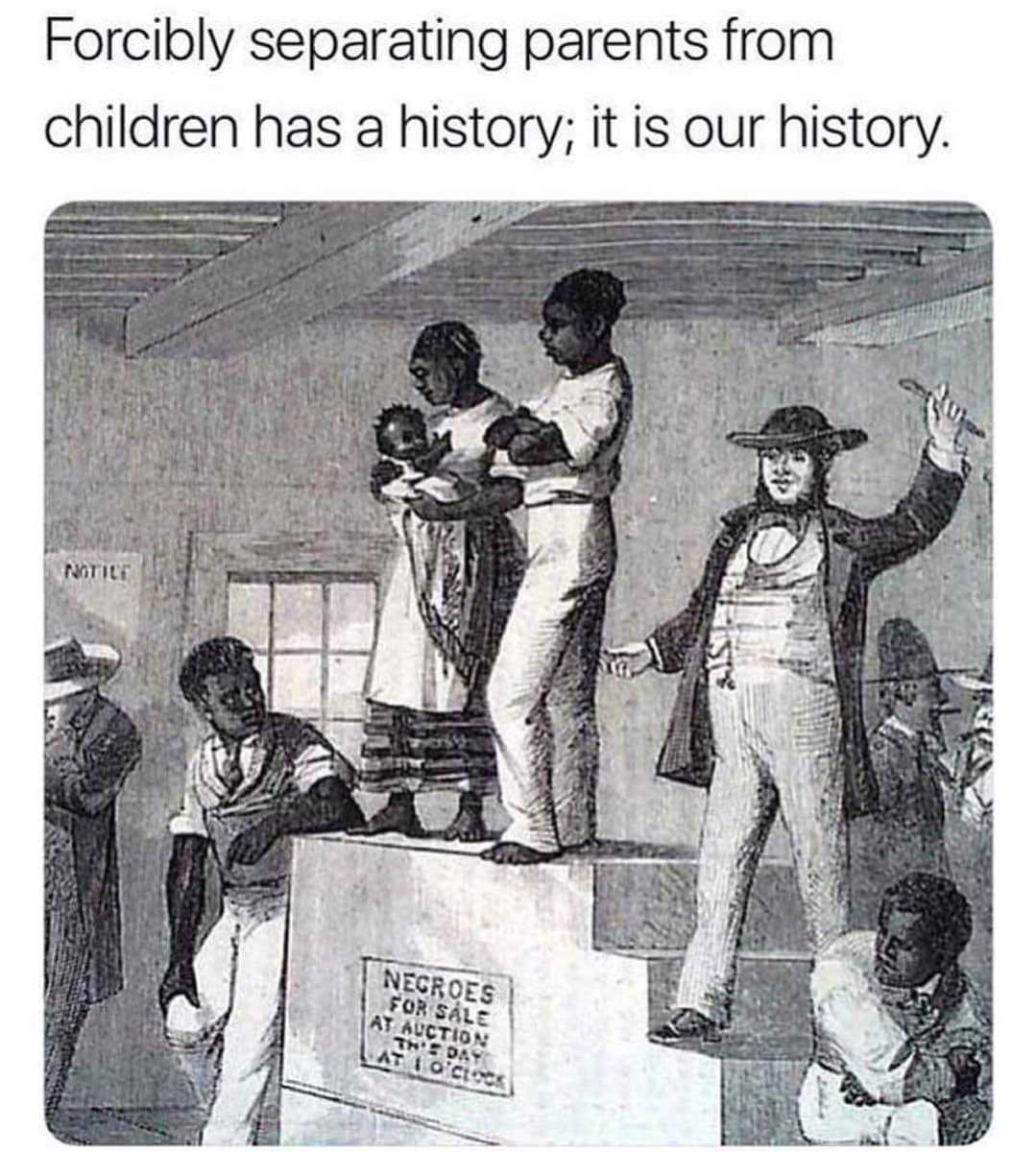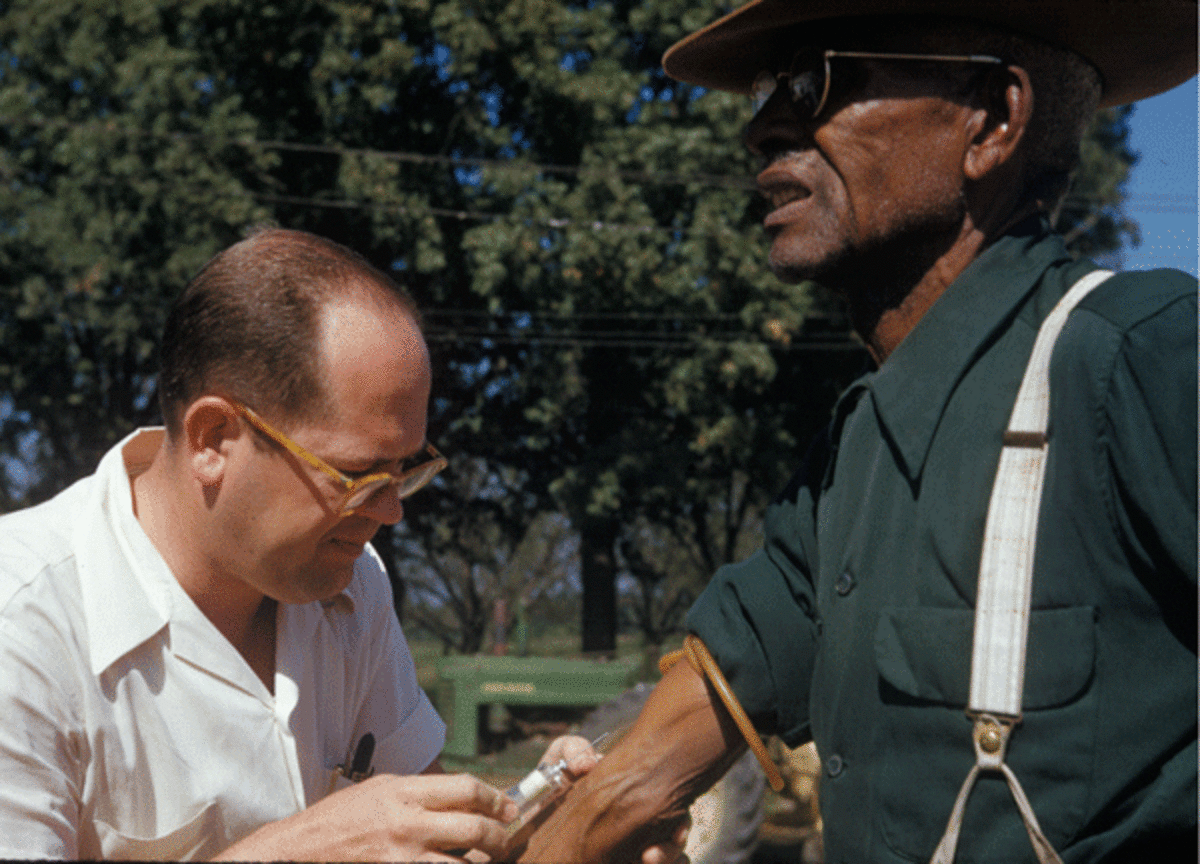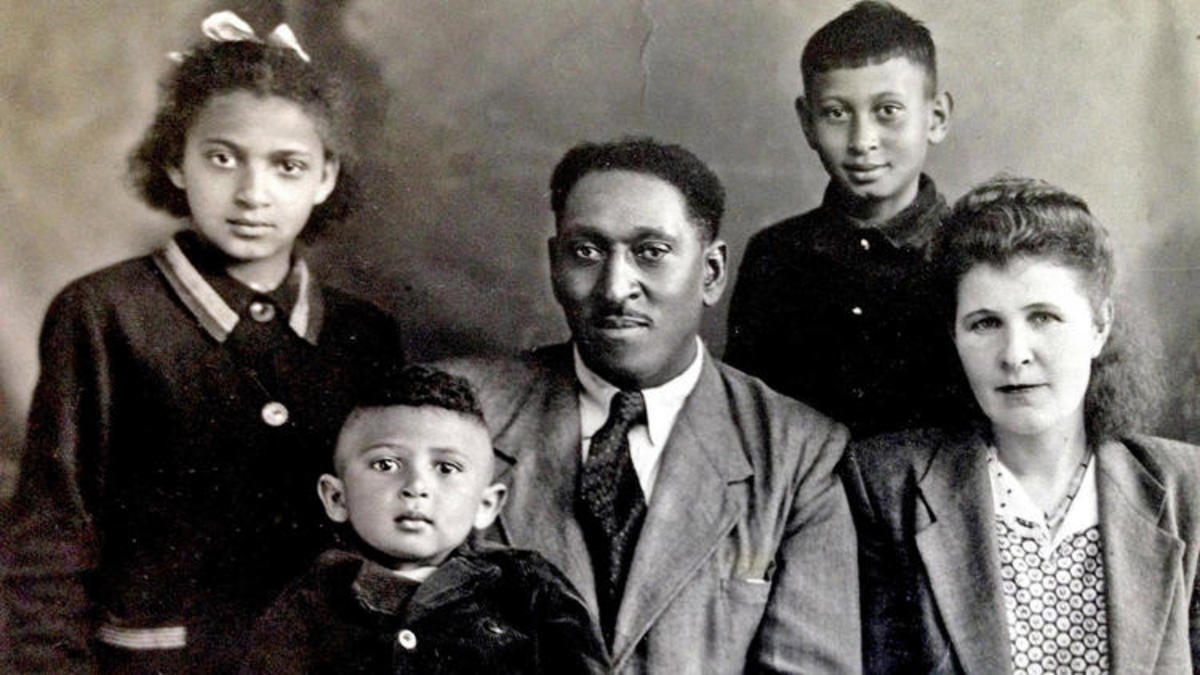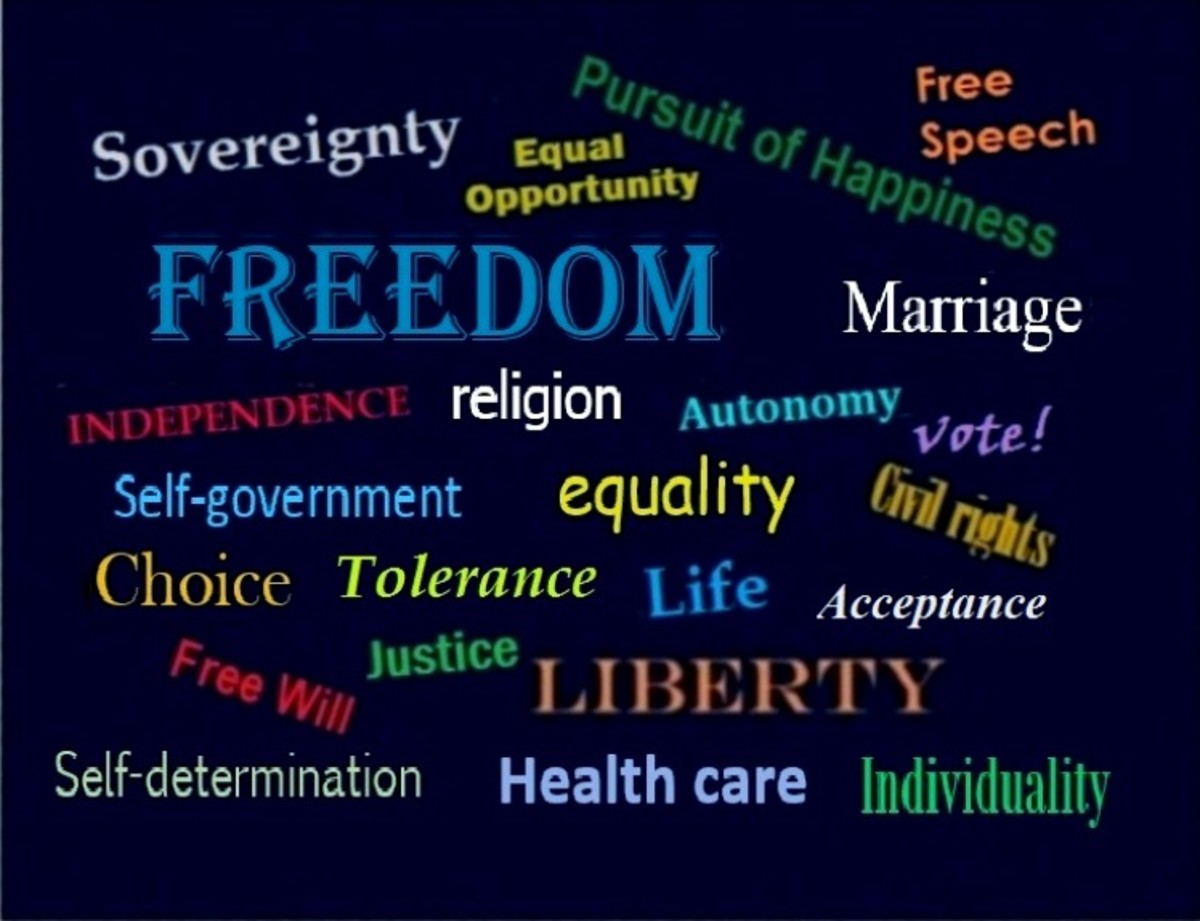Why Is There No Socialism In The United States of America? A Speculative Essay

Preface
Hey gang, you know how anybody can run for President of the United States---but not really, unless she can put her hands on TWO BILLION DOLLARS or knows people who can?
In theory, you are not barred by race, gender or gender identification, sexual preference, religion, or shoe size. In theory, the broadest possible spectrum of participation is invited---perhaps someday we might have an openly transgender candidate and president. I'm serious!
But still, under our present system you still have to be the kind of person who can put your hands on two billion dollars or know people who are willing and able to do that on your behalf. We all understand that this is a relatively small clique in America. If you can do this, you have some position in the power-money elite.
What this, in turn, means, is that while the process is theoretically open to the broadest possible spectrum of ethnic, gender, religious, and sexual preference category, the process is effectively closed to all but a tiny class strata of the society.
Not only that, but given the historic patterns of power, income, and wealth distribution we would expect---as is indeed the case---to find this elite power-money strata overwhelmingly dominated by white, Christian-identifying (vaguely Protestant), heterosexual-claiming, men. This gives us the intersection of race, class, sexual preference and identification, nominal religion, and male patriarchy, does it not?
The point is simply this: The money is a barrier to full democratic participation in our democracy. Actually, political scientists refer to the United States as a formal democracy.
Healthcare
Why is it that we, the United States, do not have a universal, single-payer health insurance system, as they do in other advanced capitalist countries like ours, and what they have enjoyed for decades?
Harry Truman
In 1946 President Harry Truman proposed national health insurance, which would have given us a single-payer system akin to what they have in Canada. The proposal was opposed by the American Medical Association, who spent $5 million for the purpose; adjusted for inflation, we're talking about something like $200 million today. The AMA drafted family doctors to talk to their patients about the evils of 'socialized medicine.' They ostracized doctors who supported the plan, even to the point of denying them hospital privileges. The plan faced opposition from Southern Democrats, who believed that national health insurance would inexorably, and tragically from their point of view, lead to integrated hospitals (1).
Actually, as the Democratic Party became increasingly serious about civil rights, Southern voters started to break from the New Deal coalition; and as the South became richer, and came to have less to gain from redistributive policies, the region was set free to indulge their reactionary instincts that came from the disenfranchisement of blacks (2).
Question: Okay, but surely race has no bearing on the issue today. We have integration. People take one side or another on the issue based on their individual political philosophies pertaining to the proper role of government, right?
Short Answer: I am going to develop an argument, the results of which will bring us to the same point I made in the preface about electoral participation, how money is the barrier to full democratic participation in the democracy. We will see how the money thing brings about the intersection of the race/class thing.
You know, there was a dramatic statistic I was looking for to open with. But since I cannot find that particular one, the following one will have to do.
Anti-racism activist and author, Tim Wise, gives us this: "...studies have estimated that because African Americans , particularly those of low income, have less access to wealth and high-quality health care, and are more likely to be exposed to environmental pollutants, as many as seventy-five thousand blacks die each year above the amount that would be expected to die if wealth, health care, and pollutant exposure were equal to that of their white counterparts" (3).
By the way, the Environmental Protection Agency levies fines against companies that pollute white neighborhoods five hundred times the amount that they do for the same offenses perpetrated in black neighborhood (4).
Furthermore, "white doctors routinely underdiagnose patients of color with serious illnesses, or fail to recommend the same medical interventions as they do for white patients, even when they present the same symptoms, have the same kind of insurance, come from the same economic background," and thus "black lives are lost in numbers that dwarf those lost in riots" (5).
The Money Thing
That seventy-five thousand extra African-American death thing is concerning, because it suggests that, somehow, our health care system is not as integrated as we would like it to be; and, in fact, remains in some ways dangerously segregated.
We can see clearly how the money thing gets in the way of the full participation of African-Americans in the benefits of the health care system, despite formal Congressional legislation requiring full integration of people of color into American society. In other words, we can see how the money acts as a barrier---in this domain---to the full participation of blacks in life, liberty and the pursuit of happiness (It all starts with good health, does it not?)...
1. When we consider that whites have eleven times the average net worth of blacks; eight times that of the average Latino; and that whites have unemployment rates half those of blacks and poverty rates of one-third of blacks and Latinos (6).
2. When we consider that, according to the Federal Glass Ceiling Commission whites hold over 90 percent of all management-level jobs in this country and receive about 94 percent of all government contract dollars (7).
3. When we consider that whites hold 90 percent of tenured faculty positions on college campuses (8).
4. When we consider that, according to the Department of Labor, that white men with only a high school diploma are more likely to have a job than black and Latino men with college degees (9).
5. When we consider that, even when they have a criminal record, white men are more likely than black men without a felonious resume, to get a call back for an interview, even when the credentials are the same (10).
G.I. Bill of Rights VA & FHA Housing Loan Programs
None of what we looked at above should astonish when you consider where we came from, how we got to this point.
For black soldiers coming home, after the war, discrimination in employment was still allowed to trump their "rights" to use their G.I. Bill benefits. There was a uptick of racist violence against black workers, when the labor market began to tighten up, which prevented black soldiers from taking advantage of this supposedly universal program for adjustment back to civilian life. And even though 43 percent of returning black veterans expressed the desire to go to school, their ability to do so was severely constricted by ongoing segregation in higher education. The G.I. Bill did nothing to reverse or prohibit any of this (11).
Let's quote Mr. Wise directly again: "As the opportunities were largely restricted to historically black colleges and universities with limited openings for enrollment, nearly as many black veterans were blocked from college access as gained access" (12).
Yet another obstacle facing returning black veterans was the US Employment Service, which was responsible for job placement. Author and professor Karen Brodkin has noted that the USES gave little help to black veterans, especially in the South. Most of the jobs they helped these men get were in low-paying, menial positions (13).
San Francisco
Even with the G.I. Bill to help them, the employment status of blacks dropped to half their prewar level (14).
Arkansas
Ninety-five percent of placement for returning black soldiers was as unskilled labor (15).
VA/FHA Loans for Housing
Racially restrictive underwriting criteria was used and assured that virtually none of the $120 billion in housing equity loaned out from the late-1940s to the early-1960s, went to families of color. And yet, these loans helped to finance over half of all suburban housing in America during this period---less than 2 percent of which ended up being lived in by nonwhites (16).
Urban Renewal of the 1950s and 1960s
As a consequence of this national effort, hundreds of thousands of homes, representing one-fifth of all black housing in the country, were destroyed to make room for office buildings, shopping centers, and parking lots. After that, only one-tenth of that property was replaced. Consequently, African-Americans were forced to move into crowded apartments, move in with relatives, or move into rundown public housing (17).
White-run banks redlined black communities, refusing to loan money to any business or individual living within the borders of those communities, regardless of individual creditworthiness. But then---and here's the kicker---the banks turned around and issued those same loans to those same applicants, through subsidiaries of the banks, known as subprime lenders, who charged three-to-five times higher interest than would have been allowed through the bank itself (18).
And Furthermore...
I don't want to engage in overkill, but let's turn to the words of historian Nell Irving Painter, considering the same period in U.S. economic history.
Dr. Painter wrote: "Were all boats lifted by the government's largesse? No, they were not. Economic subsidies reached few African Americans still segregated behind a veil created and constantly mended in Washington. Those lovely suburbs, creatures of FHA and VA mortgages, were for white people only. Federal policy made and kept them all white---on purpose.
"As in the New Deal, postwar policies crafted by a southern-dominated Congress were intended to bypass the very poor, which meant southern blacks in particular. John Rankin of Missisippi chaired the Committee on World War Legislation in the House of Representatives. He made sure that the servicemen's bill included no antidiscrimination clause and that every provision would be administered locally along Jim Crow lines.
"In 1940, 77 percent of black Americans lived in the South. They were leaving as fast as work opened up elsewhere, but 68 percent still remained in the South in 1950. A few aggressive blacks had pushed their way into GI programs, but local agents, invariably white, had obstructed the great mass. As early as 1947 it was clear---as investigations by black newspapers and a metastudy revealed---that the GI Bill was being administered along racially discriminatory lines. It was, the report Our Negro Veteran concluded, as though the GI Bill had been intended 'For White Veterans Only.' The color line appeared sharply in the suburbs" (19).
Its worth going on.
Still quoting Painter: "The Levittowns, for instance, managed to lock out African Americans by way of 'restrictive covenant,' deeds and codicils that barred an owner from selling or renting to anyone not white. (Where the rare black buyer did succeed in purchasing a house, as in Levittown in Pennsylvania, neighbors resorted to violence.) Not one of the 82,00 new inhabitants of Levittown, New York, was black, a lily-white policy that held on well into the 1960s.
"Not that the Levittowns of America had to persuade the FHA and VA to look the other way. They had crafted federal policies advocating racial restrictions precisely in order to 'preserve neighborhood stability' and prevent 'Negro invasion.' As a result, the inner-city boroughs of New York City, for instance, received drastically less in housing subsidies than Nassau County on Long Island, where Levittown was located. Per capita lending by the FHA for mortgages was eleven times higher on Long Island than in Brooklyn and sixty times more than in the working-class Bronx. This kind of federal funding inequity affected urban families of all races, leaving cities to decay for lack of credit and to be wracked by 'urban renewal' that demolished more housing than it created. Black families, prohibited from moving to the suburbs, had to stay behind" (20).
The point: The point I'm making is the same point I made in the preface, about how money is the barrier preventing full democratic participation in the democracy, as it pertains to running for office.
The reason I went through a snapshot of African American economic history is because I wanted to show why it is that black people, on average, have eleven times less wealth than white people. The money thing is inhibiting the ability of black people to fully participate in American democracy, as it pertains to the right to pursue life, liberty, and the pursuit of happiness (if one considers the foundation of it all to be good health). The money thing is blocking full realization of the full integration that was supposed to come with civil rights legislation passed by Congress and signed by the President to that effect, in the 1960s.
The money thing is a barrier to the total black-white integration of hospitals and the health care system, in general, as we have seen---as the American Medical Association, Southern Democrats, and their constituents feared in the 1940s.
More on the Race Thing and the Right Turn in American Politics in the Late Twentieth Century
Between 1964 and 1978 the American National Election Studies Survey asked people whether they favored "strict segregation," "desegregation," or "something in between." Twenty-three percent chose strict segregation; thirty-two percent chose desegregation; but that leaves forty-five percent who opted for something in between (21).
That means sixty-eight percent were comfortable with some kind of segregation through the sixties and seventies. Not only that, but sixty-eight percent of Americans were willing to say out loud that they wouldn't mind some kind of segregation!
Throughout the 1960s, more than sixty percent of Americans said that the civil rights people were pushing too hard, for too much, too fast (22).
Paul Krugman wrote: "In the eyes of many non-Southern whites, it was one thing to tell school districts that they couldn't explicitly maintain separate schools for white and black children, but it was something quite different to redraw school district boundaries and put children on buses in an attempt to end de facto segregation" (23).
Krugman made the point that many non-Southern whites viewed laws outlawing racial discrimination by state governments as legitimate, but that they saw as illegitimate, laws outlawing racial discrimination by private landlords or homeowners selling their homes (24).
Let's hear from another voice: research professor of psychology and sociology, G. William Domhoff.
Dr. Domhoff wrote: "...polls suggested that even though a majority of blue collar and white collar employees disliked the anti-war movement, they were opposed to the war as well. It therefore seems more plausible that the defections were due to the backlash against the Democrats' support for integration. Within the UAW, for example, a majority of the members were resolute in the belief that the civil rights movement had gone too far too fast, and should go no further (25).
"It is this defection by white trade unionists from the Democrats, not the alleged sudden organization of the corporate community, which explains the right turn in the United States on labor and many other issues. A fractured liberal-labor alliance was defeated by an enlarged corporate-conservative alliance that was revitalized by the resentment of white Democrats and Independents over the demands by the civil rights movement, feminists, environmentalists, and soon thereafter, the gay-lesbian movement" (26).
Conclusion
The reasons I gave you all that material on race in the United States.
1. I wanted to try to show how race, class, and money intersect, interact, and reinforce one another, in service of the first point I made in this essay, from the preface: the money thing is a barrier to full democratic participation in our democracy.
2. I wanted to give you some indication that there is a substantial body of scholarship, which identifies race as the reason for the right turn made in American politics starting in the 1970s.
3. It makes sense that this should have been so, when you think about it. In America we have a saying: "(blank) you and the horse you rode in on." This saying perfectly captures the spirit of total rejection based on resentment and loathing. Not only do you hate me, but everything I "stand for," which to you are inseparable and virtually indistinguishable. Those of you old enough to remember, know that in the, say, late-1950s, 1960s, and perhaps, at least the early-1970s various black advocacy organizations drew the special attention of the FBI. The concern was that these organizations, and the African-American community as a whole might be a soft spot for the infiltration of the evil Soviet Red Communism infection into the United States. The word was "cointelpro," which you can read about on Wikipedia.
4. We must never forget the way Nixon and the Republicans learned to exploit white racial resentment to polarizing effect in winning elections (27).
5. What many white people resented was---from their perspective---that the civil rights movement and minorities were rocking the boat, upsetting the applecart, disrupting the good thing they had going on, thanks to the New Deal and other things.
6. Consider: White people, for the most part, had experienced a radical upgrade in lifestyle, thanks to sustained government policy, but in such a way as to almost seem invisible. As a result of this, no notice is taken of how much public policy buttresses your own, no doubt, very hard work and diligence, intelligence, creativity, and so forth. Black people, with their insistence on civil rights that they expected the government to give them, makes them appear grasping, lecherous, and wanting only "hand out," from the perspective of many white Americans, who, again, as I said, do not even see the way public policy created the middle class itself in a very short time.
The dramatically redistributive policies that virtually brought the middle class into being, were put in place over a very short time. Economic historians call this slam-bang creation of the middle class by this process, The Great Compression; Again, you can read a little something about that on Wikipedia.
7. Anyway, it just seems to me that this "...and the horse you rode in on" rejection-ism caused a significant portion of the white population to flee from any kind of liberal-leftward-progressive policy direction, to say nothing of actual socialism; and this is why, then, that socialism or even a leftist "third party," like, say, the Green Party, could never really get any traction in the United States.
Thank you so much for reading!
References
1. Krugman, Paul. The Conscience of a Liberal. W.W. Norton, 2007. 67-68
2. ibid, 68
3. Wise, Tim. Speaking Treason Fluently: Anti-Racist Reflections From An Angry White Male. Soft Skull Press, 2008. (paperback). 305
4. ibid
5. ibid
6. ibid, 193-194
7. ibid, 186
8. ibid
9. ibid
10. ibid
11. ibid, 299
12. ibid, 300
13. ibid
14. ibid
15. ibid
16. ibid
17. ibid, 304
18. ibid
19. Painter, Nell Irving. The History of White People. W.W. Norton & Company, 2010. 371
20. ibid, 372
21. Krugman, Paul. The Conscience of a Liberal. W.W. Norton, 2007. 84
22. ibid, 85
23. ibid
24. ibid
25. Domhoff, G. (2005, September 1). The Rise and Fall of Labor Unions In The US: From the 1830s until 2012 (but mostly the 1930s-1980s). Retrieved January 16, 2015. paragraph 44
26. ibid, paragraph 45
27. see: Perlstein, Rick. Nixonland: The Rise of a President and the Fracturing of America. Scribner, 2008.








